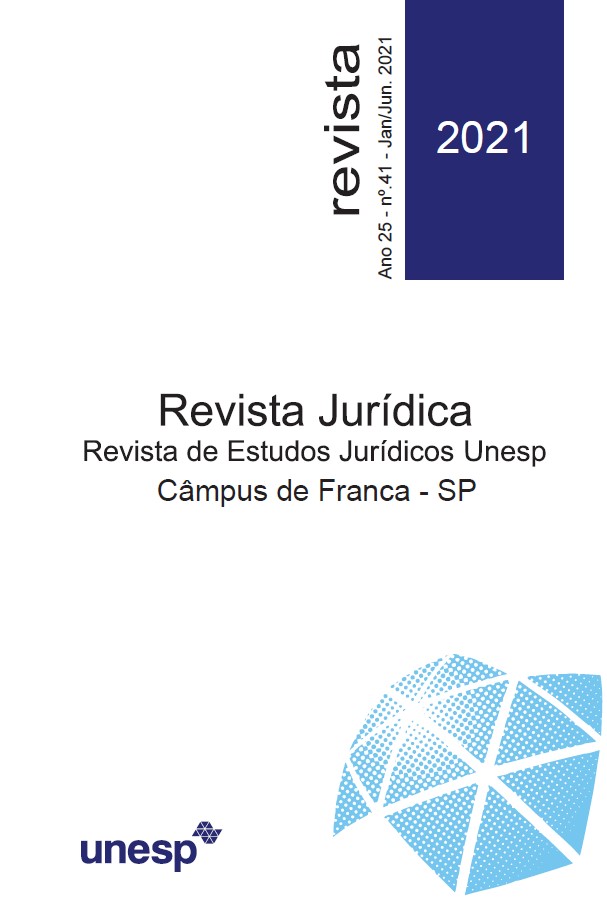TRANSFORMAÇÕES SOCIAIS E A JURIDICIDADE DO BLOQUEIO DE USUÁRIOS NO TWITTER PELOS PRESIDENTES TRUMP E BOLSONARO
DOI:
https://doi.org/10.22171/rej.v25i41.3533Abstract
The rise of new social media with the advent of the internet, such as Facebook, Twitter and Instagram generated not only a new social and communicational configuration, but also a political one. Parties, politicians and social movements came to understand the relevance of social networks for their popularization, generating more engagement in order to achieve political goals and ends. The present study aims to analyze the new perspectives of democracy and social transformation from the use of social networks, paying attention to the limits in the communication of public agents, observing aspects such as freedom of expression and freedom of information. A bibliographic research was carried out using the hypothetical-deductive method, which relied so much on information extracted from different sources that illustrate the dynamics of political participation in social networks. The research results contributed to punctuate and identify the categorization of public and/or private profiles on social networks of personal accounts of public figures, notably presidential, illustrating the limits and possibilities of using such media for political purposes with examples such as prohibition the blockade and banishment of Donald Trump's followers by the US Supreme Court and successive restrictive orders involving people around the Brazilian president, Jair Bolsonaro. Thus, legally relevant is to identify that even the personal profiles of representatives may have the framing of an institutional and public profile, subject to state regulation, notably regarding the mode of uses and abuses.
Downloads
Downloads
Published
How to Cite
Issue
Section
License
Copyright (c) 2023 Revista de Estudos Jurídicos UNESP

This work is licensed under a Creative Commons Attribution 4.0 International License.

























